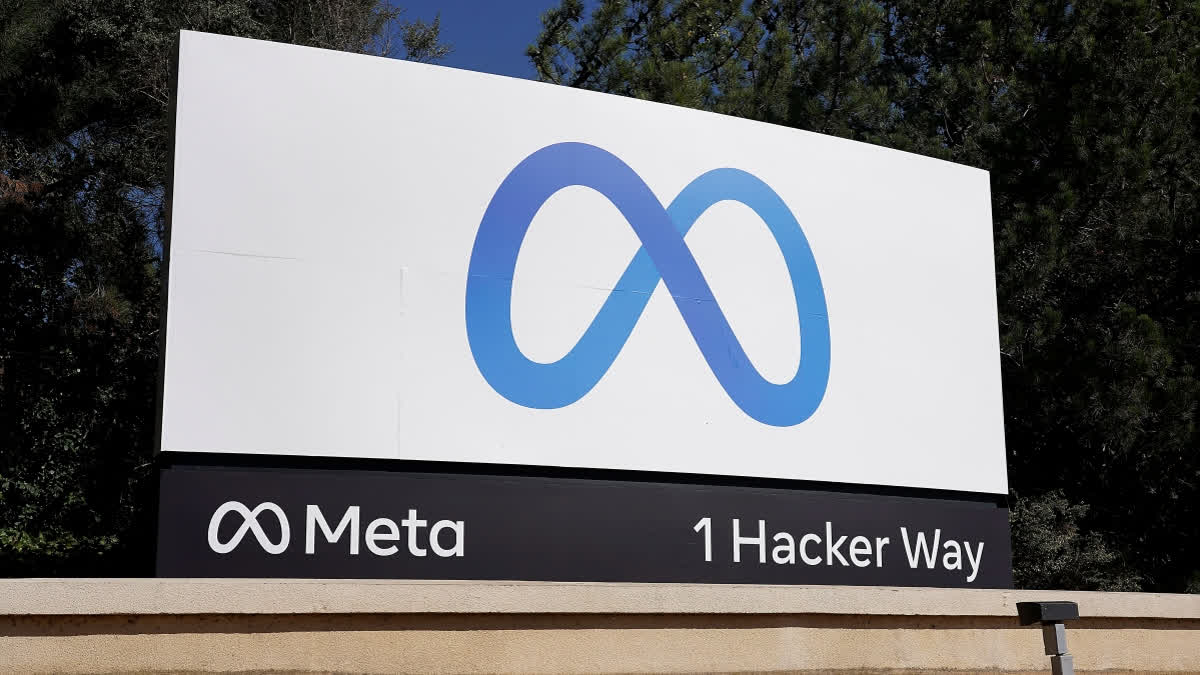Menlo Park (California, USA): Facebook parent company Meta Platforms has built an artificial intelligence system that rivals the likes of ChatGPT and Google's Bard but it's taking a different approach: releasing it for free. Meta CEO Mark Zuckerberg said Tuesday that the company is partnering with Microsoft to introduce the next generation of its AI large language model and making the technology, known as Llama 2, free for research and commercial use.
Much like tech peers Google and Microsoft, the social media company has long had a big research team of computer scientists devoted to advancing AI technology. But it's been overshadowed as the release of ChatGPT sparked a rush to profit off of “generative AI” tools that can create new prose, images and other media.
Meta has also tried to distinguish itself by being more open than some of its Big Tech rivals about offering a peek at the data and code it uses to build AI systems. It has argued that such openness makes it easier for outside researchers to help identify and mitigate the bias and toxicity that AI systems pick up by ingesting how real people write and communicate.
“Open source drives innovation because it enables many more developers to build with new technology,” Zuckerberg said in a Facebook post Tuesday. “It also improves safety and security because when software is open, more people can scrutinize it to identify and fix potential issues. I believe it would unlock more progress if the ecosystem were more open, which is why we’re open sourcing Llama 2.”
Zuckerberg pointed to Meta's history of open-sourcing its AI work, such as with its development of the widely used machine-learning framework PyTorch. But the research paper introducing the new model reflects less openness than Meta has shown previously in its work to build models that require ingesting large troves of digitized writings such as books, news articles and social media feeds.
